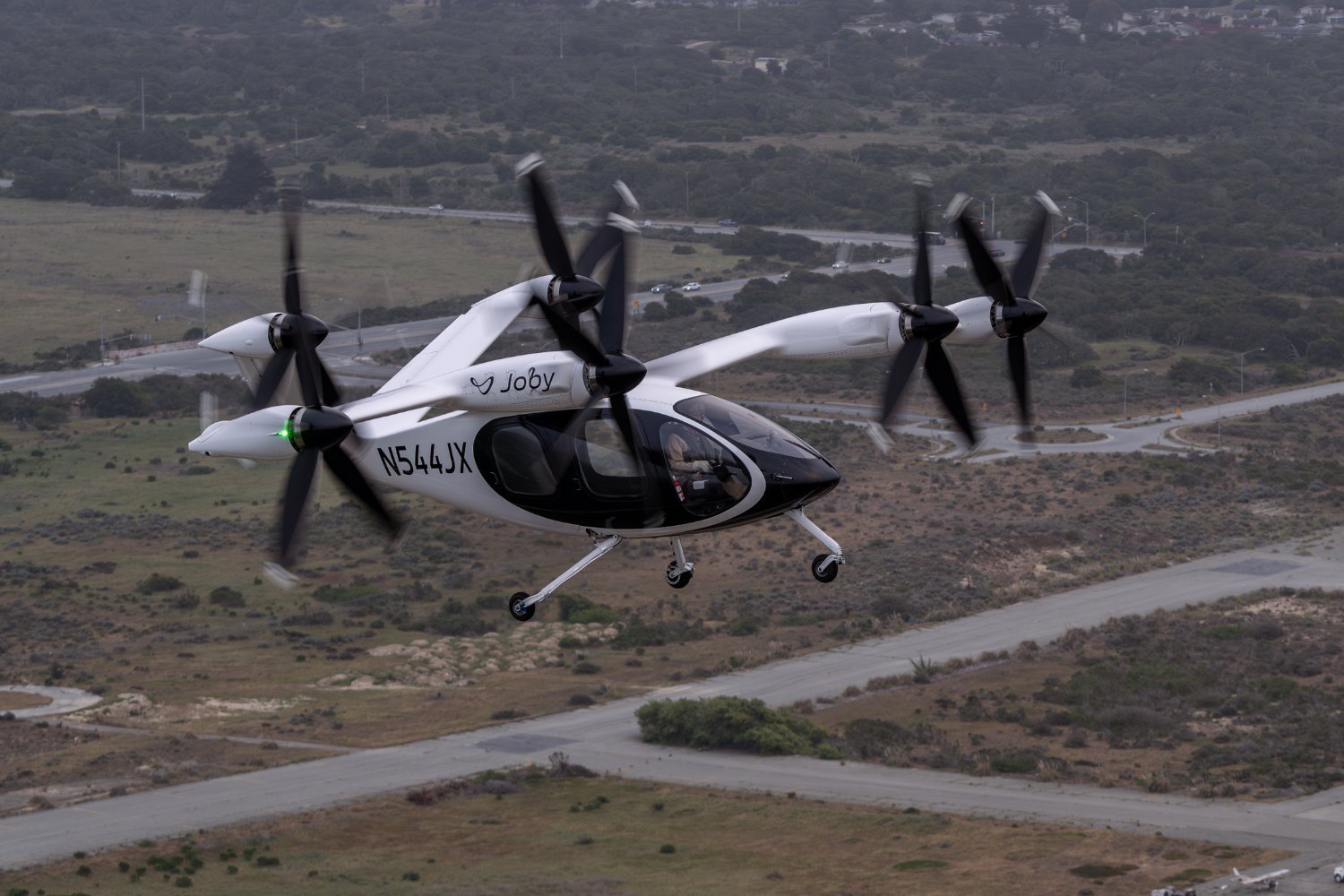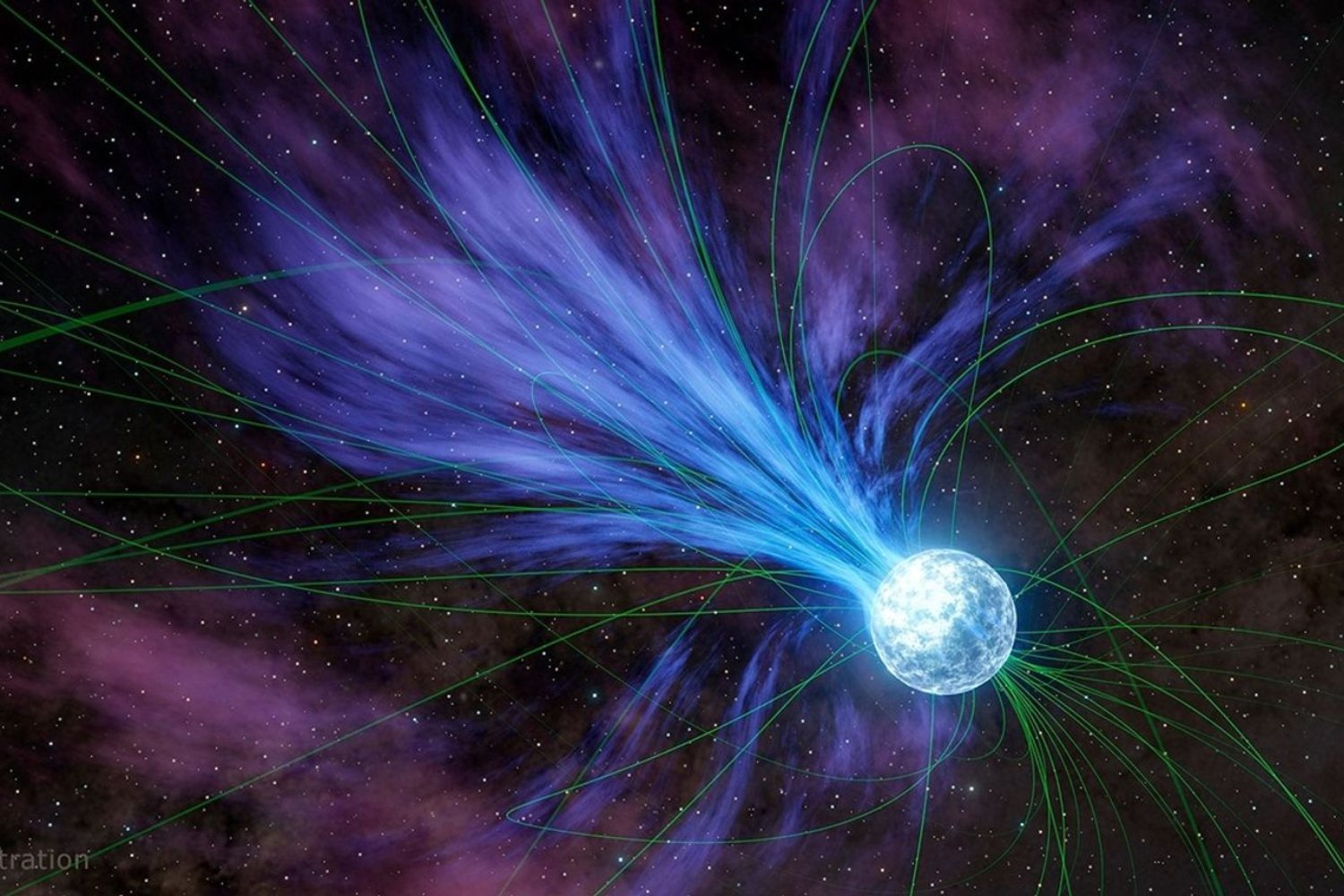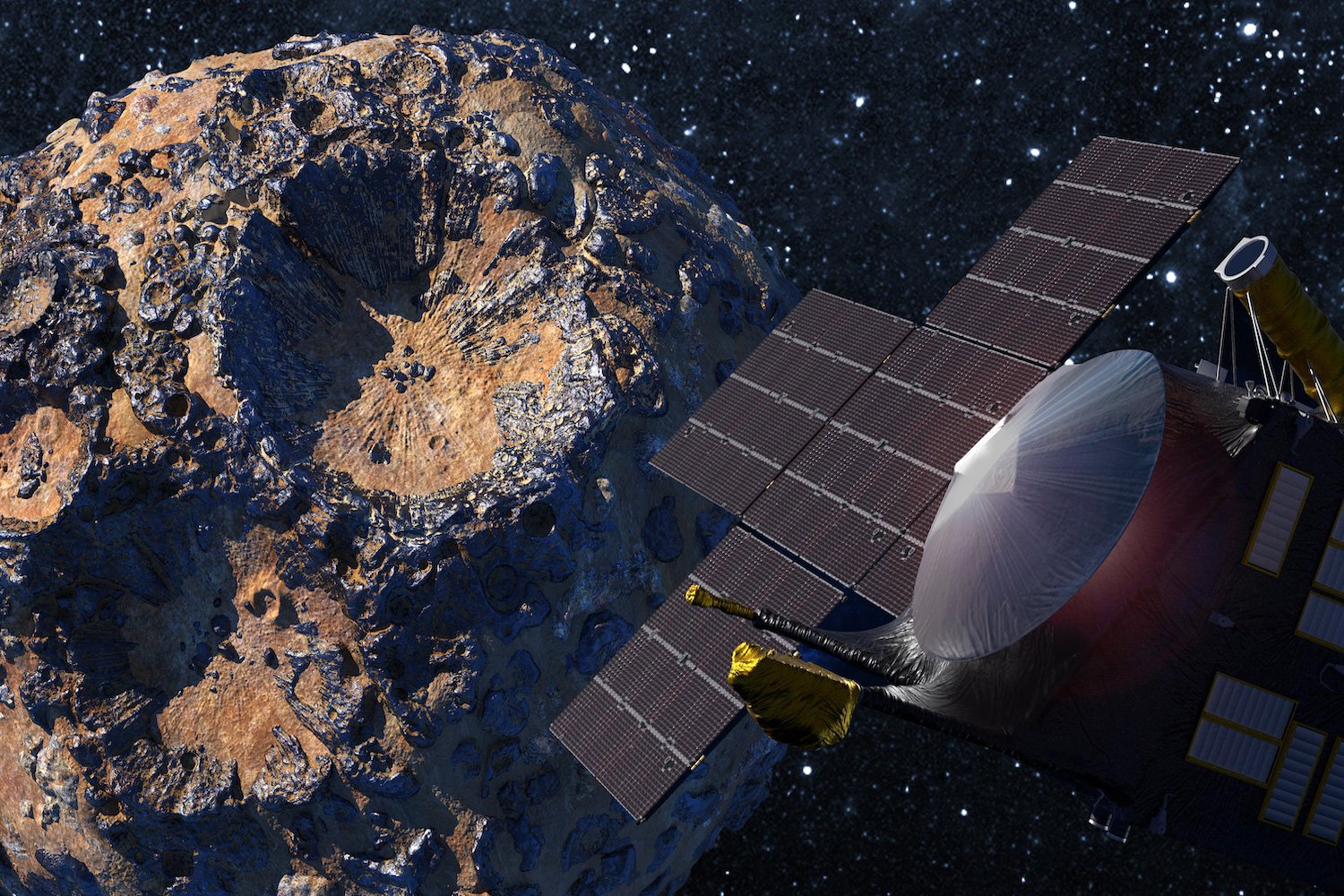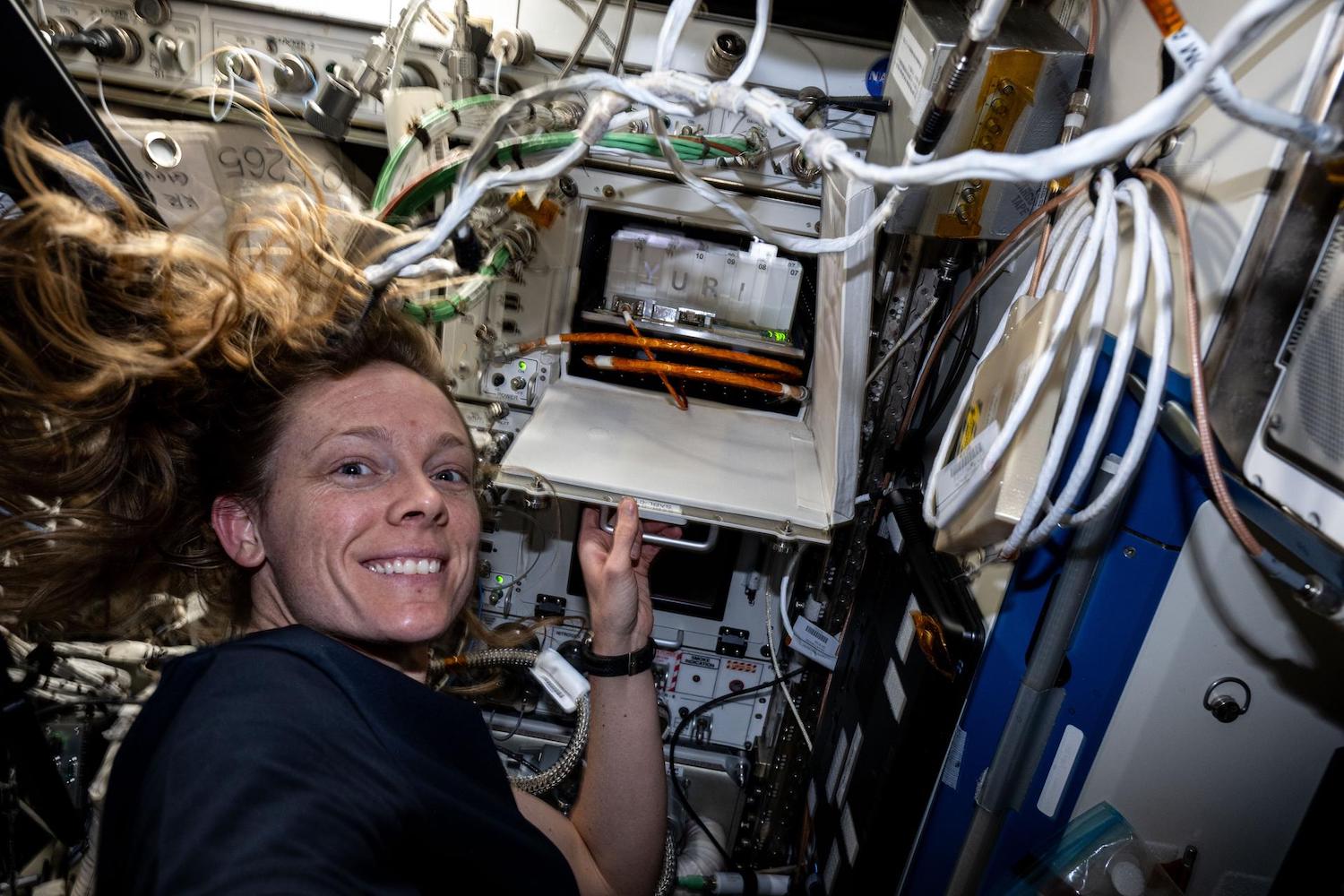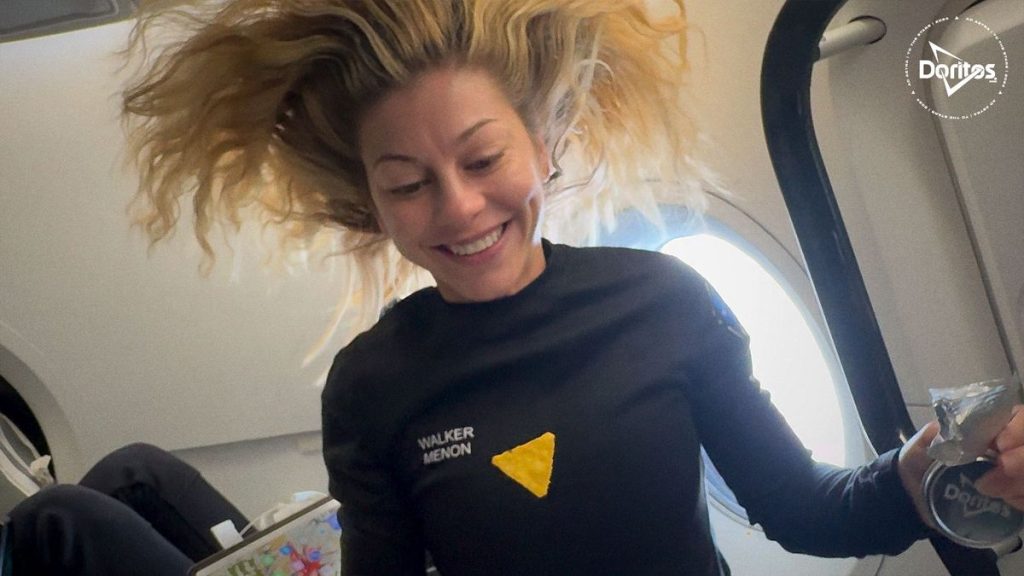Firefly’s Alpha rocket has crashed into the Pacific Ocean after it was unable to achieve orbit.
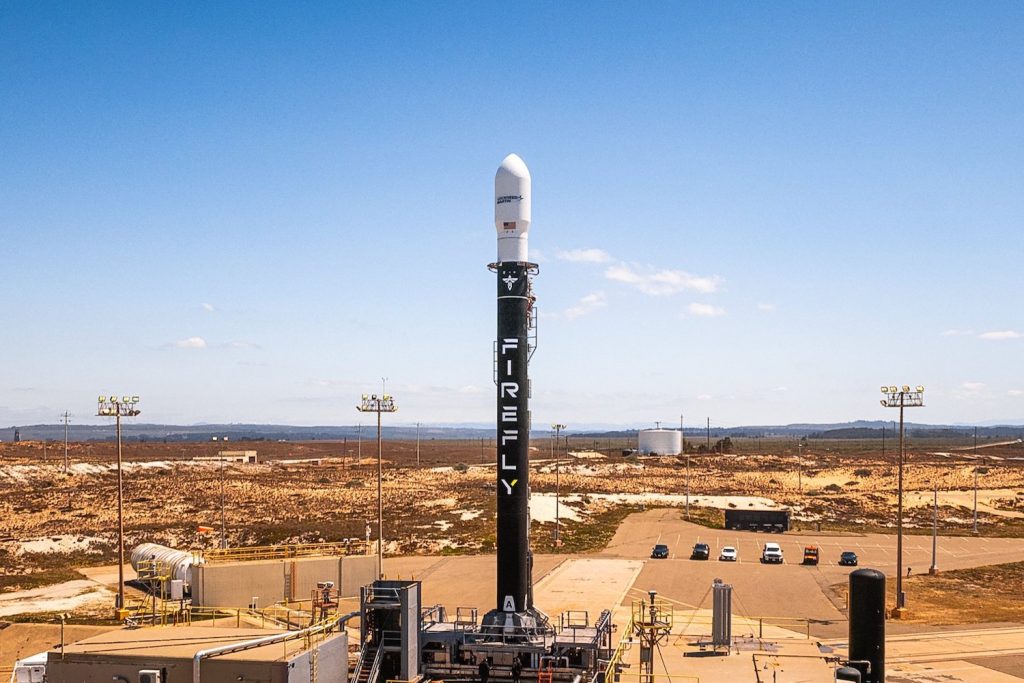
Firefly’s Alpha Rocket Crashes Into Pacific Ocean After Failing to Reach Orbit (Image Credit: Gizmodo-com)
A Firefly Aerospace rocket failed to deliver its payload to orbit on Tuesday, creating a cloud of debris in the sky before falling back down toward an ocean crash.
Firefly launched its Alpha rocket on April 29 at 9:37 a.m. ET, a day later than its initial launch date due to an issue with ground support equipment. Shortly after liftoff, a mishap during the separation of the rocket’s first stage damaged an engine nozzle, severely reducing the rocket’s thrust, according to a statement by Firefly. As a result, the rocket’s upper stage failed to reach its orbital velocity and deliver the satellite to its designated orbit.
The rocket reached an altitude of around 198 miles (320 kilometers) before crashing down in the Pacific Ocean in a cleared zone north of Antarctica. The company is still investigating the root cause of the anomaly and will carry out an investigation into the launch mishap.
Firefly’s Alpha rocket was carrying a technology demonstration satellite for Lockheed Martin, which was designed to test its capabilities in orbit using its SmartSat software. The launch of the mission had been delayed from an initial liftoff date in mid-March due to a lack of range availability at its launch site at the Vandenberg Space Force Base, SpaceNews reported. Firefly then scheduled liftoff of its Alpha rocket on Monday, but ended up scrubbing the launch “due to an issue with ground support equipment.”
Firefly’s 95-foot-tall (29-meter) expendable rocket is designed to provide low-cost rides for mid-sized satellites, carrying payloads up to 2,866 pounds (1,300 kilograms) for the price of $15 million per launch. Firefly’s first attempt to fly its Alpha rocket ended in fiery flames. On September 2, 2021, one of Alpha’s four first-stage Reaver engines shut down unexpectedly about 15 seconds after liftoff, activating the flight termination system. The rocket gave it another go in October 2022, which was slightly more successful than its first attempt. Alpha’s inaugural mission was considered a success even though the rocket delivered two satellites to a lower orbit than planned. In December 2023, Alpha placed a Lockheed Martin satellite in the wrong orbit after it experienced an anomaly with its second stage.
Alpha doesn’t have the best track record when it comes to delivering satellites, but that’s the risk that comes with affordable rides to space. Firefly is one of a handful of companies that have reached orbit with its rocket and as the industry continues to grow, there will surely be more.


